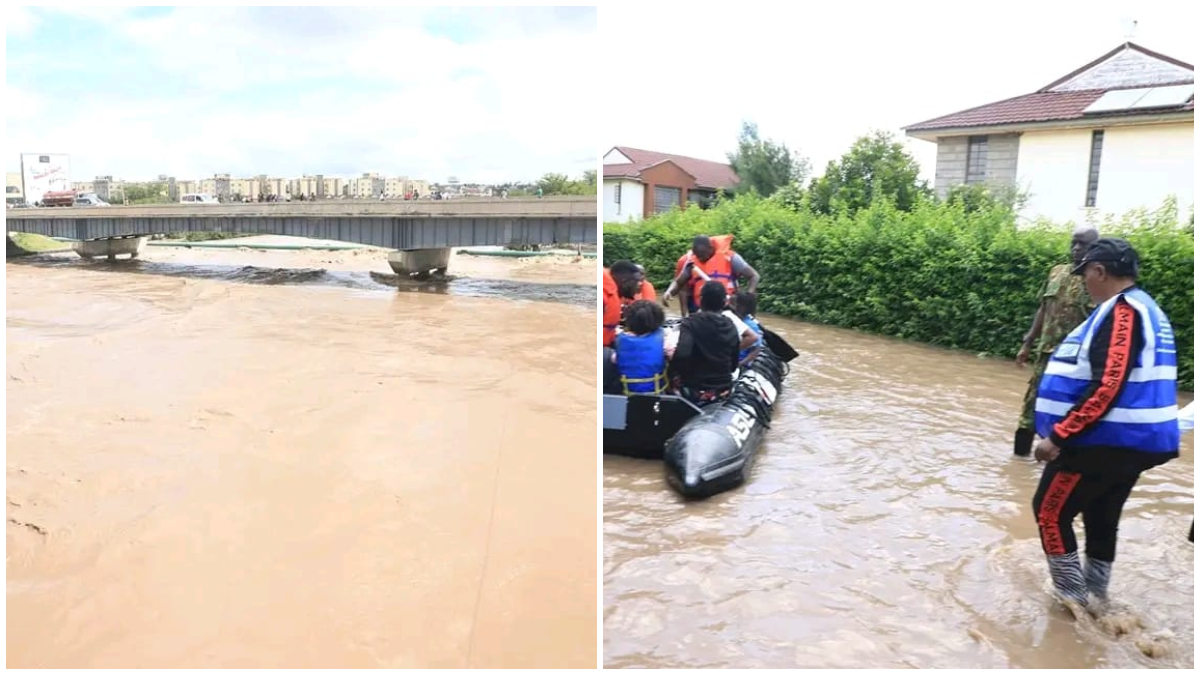Let’s focus on ongoing heavy rains and consequent floods affecting different parts. The staggering figures released by the Kenya Red Cross Society paint a grim picture of the extent of displacement, damage, and loss experienced by communities across the nation.
With over 11,000 households displaced and 23 counties severely affected so far, the situation calls for a united effort to mitigate further harm.
While natural disasters are often beyond human control, it’s disheartening to observe the recurring pattern of blame-shifting instead of proactive measures.
Authorities must indeed address shortcomings in enforcing construction bylaws and safeguarding waterways to prevent future calamities. Meanwhile, citizens must refrain from irresponsible behaviors like littering, which obstruct drainage systems and aggravate flooding risks.
Communities in flood-prone areas must also prioritize their safety by relocating to higher ground before disaster strikes. Waiting until after the fact to assign blame is not only futile but also unjust to the countless lives and livelihoods affected.
In the face of such adversity, it’s crucial for all stakeholders to prioritize proactive measures over reactive blame games. It is vital for Kenya to invest in proper long-term planning to mitigate the impact of future adverse weather.
Better urban planning that incorporates climate-resilient infrastructure, sustainable land use practices, and effective disaster preparedness is the way to go.
Amid discussions of blame, planning, and response strategies, it’s paramount to underscore that the preservation of life must remain the foremost priority.
As we navigate the challenges posed by ongoing heavy rains and floods, let us remember that behind every number is a story, a family, and a community grappling with loss and uncertainty. In all our endeavors, let us prioritize the preservation, safety and well-being of human life.












